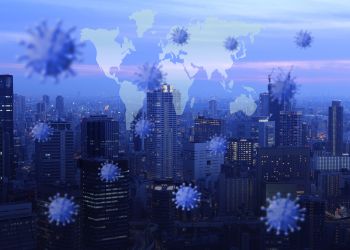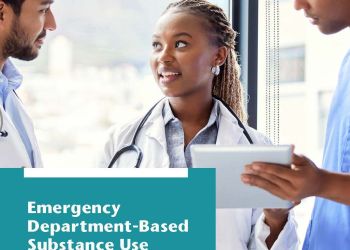National Youth HIV & AIDS Awareness Day (NYHAAD), held annually on April 10th, is a day to educate the public about the impact of HIV and AIDS on young people. Founded by Advocates for Youth, the day also highlights the advocacy of young people in the U.S. around linking people to services, providing sexual health resources, and HIV education.
It’s more important than ever that youth have quality sexual health services, including testing, free from stigma or oppression. One in five new HIV diagnoses in the U.S. occur in people aged 13 – 24, and approximately 44% of young people with HIV do not know they have the virus. In fact, only 9% of high school students have ever been  tested for HIV. According to the CDC, youth with HIV are the least likely of any age group to be linked to care in a timely manner and have a suppressed viral load. Certain groups of young people – especially LGBTQ+, Black/African American, and Latinx youth – are at even greater risk for negative health outcomes due to structural racism and intolerance that further reduces access to quality and stigma-free support systems.
tested for HIV. According to the CDC, youth with HIV are the least likely of any age group to be linked to care in a timely manner and have a suppressed viral load. Certain groups of young people – especially LGBTQ+, Black/African American, and Latinx youth – are at even greater risk for negative health outcomes due to structural racism and intolerance that further reduces access to quality and stigma-free support systems.
Youth aged 15-24 also make up half of all new reported sexually transmitted infections (STIs) – which, alongside an elevated risk of serious and/or long-term health complications, actually increases one’s chances of becoming infected with HIV. It is essential that young people understand how to protect themselves from STIs, too!
This NYHAAD, youth advocates around the world are organizing to link people to services, provide sexual health resources, and ensure access to HIV education. Advocates for Youth’s “NYHAAD Bill of Rights” declares five key rights of youth in navigating their health and autonomy:
Article 1: The right to live free from oppression
Poverty, racism, homophobia and other forms of oppression all contribute to HIV risk and to quality of treatment and care.
Article 2: The right to education
Young people have the right to education and skills to make informed decisions about their sexual health.
Article 3: The right to prevention
Young people have the right to condoms, HIV testing, and medication needed to help prevent HIV, and have the right to confidential, affordable, accessible services.
Article 4: The right to treatment and care
Young people are at risk of not receiving medication regularly enough to have their viral load suppressed. We must ensure that all youth have access to accessible and affordable HIV treatment.
Article 5: The right to live without criminalization, discrimination and stigma
Young people living with HIV have the right to freedom and dignity. Laws which criminalize HIV are founded in ignorance and serve only to divert attention and resources from real strategies to end the epidemic.
Local health departments play a key role in sharing up-to-date and age-appropriate information, creating youth-friendly spaces and collaborations, and working with schools and places where young people spend time to promote stigma-free, quality sexual health education and services.
Clinicians, parents, schools and youth all play a role in providing age-appropriate, stigma-free, culturally competent sexual health information and care to young people. Learn more in the resources below about the benefits of confidential health services for young people.
Additional Resources
- NYHAAD Social Media Toolkit
- Adolescent Sexual Health: Learning about Sexual Risk Behaviors
- Confidential Health Services for Teens
- Article: Doctors Aren’t Offering Young People PrEP. That Has to Change.
- How Schools Can Support HIV Testing Among Adolescents
- What Works: Sexual Health Services
- Advocates for Youth: Youth Activist Toolkit


